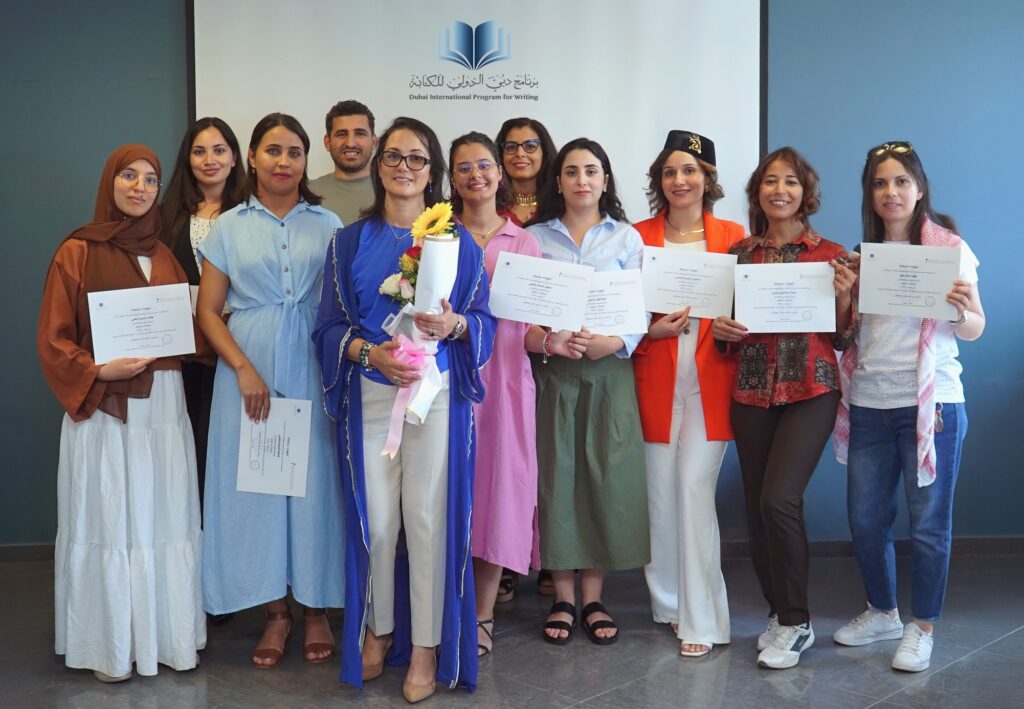The Mohammed bin Rashid Al Maktoum Knowledge Foundation (MBRF) has successfully wrapped up the latest edition of its ‘Children’s Literature Workshop,’ a key initiative under the Dubai International Programme for Writing (DIPW). The four-month-long workshop, hosted in Tunisia’s capital city, Tunis, was led by literary scholar Dr Wafa Thabet Mezghani.
The workshop attracted a cohort of passionate writers eager to explore the craft of children’s storytelling. Throughout the programme, participants took part in dynamic sessions that emphasised idea development, peer collaboration, and story refinement. Under the supervision of expert mentors, they transformed their early concepts into publishable stories for young readers.
His Excellency Jamal Bin Huwaireb, CEO of MBRF, said, “The initiatives of DIPW reflect the Foundation’s core mission of supporting intellectual and creative growth across the Arab world. The ‘Children’s Literature Workshop’ demonstrates our strong belief in the value of investing in emerging talent and equipping them with the skills necessary to excel in specialised writing. Such efforts are vital to building knowledge-driven Arab societies that are ready to meet future demands. We remain committed to developing innovative programmes that empower youth and make a meaningful contribution to both the local and global literary and knowledge landscape.”
Delivered in four face-to-face modules, each lasting more than three days, the sessions offered a comprehensive overview of children’s literature. Topics ranged from the historical development of the genre, with a focus on Arabic works, to crafting narratives suitable for different age groups. Attendees learned the principles of planning, character creation, narrative voice, and plot development, and were guided through aspects such as title selection, editing, branding, and visual design.
This workshop marks the second edition hosted in Tunisia and the third within the wider North African region. Participants also benefited from online mentorship, where their work was assessed remotely and supported with self-editing tips—an approach that provided continuity and high-quality feedback throughout the programme.

